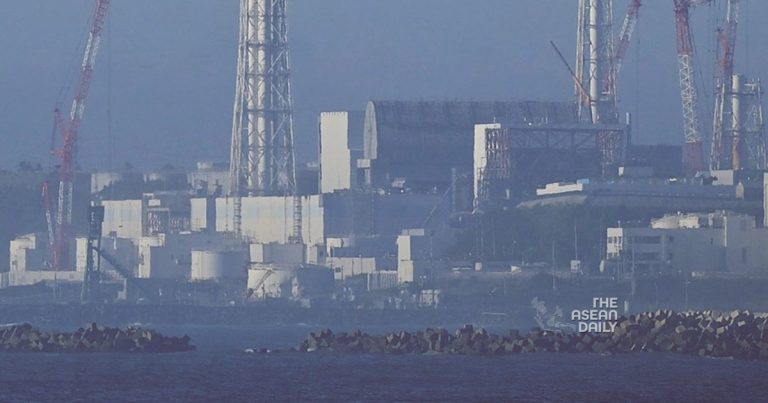25-8-2023 (KUALA LUMPUR) Malaysia has announced its intention to closely scrutinize all high-risk food products imported from Japan in response to concerns over the release of treated wastewater from the Fukushima nuclear plant. The move comes as some members of the public have expressed worries about food safety.
Dr. Muhammad Radzi Bin Abu Hassan, Malaysia’s Director-General of Health, stated that “The Ministry of Health will impose a Level 4 (Surveillance) inspection at the country’s entry points on high-risk food products imported from Japan for the analysis of radioactive material content.”
Japan began releasing treated wastewater from the Fukushima nuclear plant on Thursday, marking a significant development some 12 years after one of the world’s worst nuclear accidents.
Dr. Radzi previously emphasized that the release of the treated wastewater adheres to Japanese safety standards and has obtained approval from the International Atomic Energy Agency (IAEA) in July. He sought to reassure the public by highlighting the health ministry’s monitoring efforts at entry points and local markets to ensure food safety.
The health ministry had been closely monitoring food products imported from Japan following the Fukushima nuclear plant explosion in 2011, with a special monitoring program conducted in 2019.
Dr. Radzi noted that fish and fish-based products are among the highest-imported items from Japan, followed by fruits, vegetables, and processed food and beverages, with a total value of RM880,115,437 (US$190 million).
Concerns over food safety have arisen, particularly regarding seafood imported from Japan, following the news of treated wastewater being released from Fukushima into the ocean. Several netizens have urged the government to ban all seafood imports from Japan and expressed worries about the safety of treated wastewater.
The public has been encouraged to “remain calm.” Deputy Agriculture and Food Security Minister Chan Foong Hin clarified that Malaysia does not currently import live marine fish from Japan. The government is working closely with relevant agencies to monitor food safety levels for non-live fishery products from Japan, including health certifications and radiation checks during post-import inspections.
It’s worth noting that China has banned all Japanese seafood products in response to the Fukushima wastewater release, branding it an “extremely selfish and irresponsible act.”
Civic groups in Japan and South Korea have also launched protests, although South Korea’s government stated that its own assessment found no issues with the scientific and technical aspects of the release.
Japan maintains that the wastewater release is safe, and the IAEA has stated that its impact on people and the environment is “negligible.”
The Fukushima Daiichi plant was devastated in March 2011 after a massive 9.0 magnitude earthquake and powerful tsunami waves caused meltdowns in three of its reactors. The wastewater release is a crucial step in the lengthy process of decommissioning the plant, including the removal of molten fuel.




